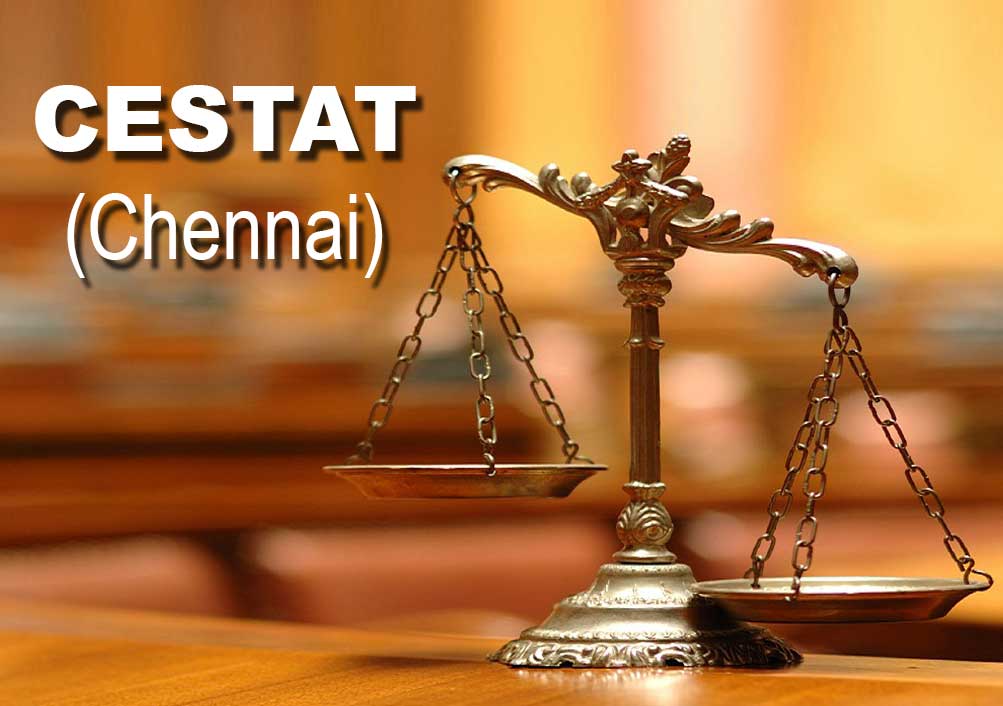In Excise Appeal No. 41661 of 2013 - CESTAT – CESTAT (Chennai) dismisses Bharat Heavy Electricals Limited’s appeal; rules finalization of provisional assessment to be done on monthly basis as per Rule 7 of Central Excise Rules
Members P. Dinesha (Judicial) & Vasa Seshagiri Rao (Technical) [31-05-2023]

Read Order: Bharat Heavy Electricals Limited v. The Commissioner of Central Excise
Chahat Varma
New Delhi, June 5, 2023: The Chennai bench of the Customs, Excise and Service Tax Appellate Tribunal has ruled that on a conjoint reading of Rule 7 of the Central Excise Rules, 2002 along with the Instructions given in Chapter 3 of the C.B.E.C.’s Excise Manual for Supplementary Instructions issued under Rule 31 of the Central Excise Rules, finalization of provisional assessment is required to be done on monthly basis.
Bharat Heavy Electricals Limited (appellant) in this case was supplying boiler components to various power projects in India on contract basis under provisional assessment of duty in terms if Rule 7(1) of the Central Excise Rules. The Adjudicating Authority determined that the appellant had passed on the excess amount of duty as CENVAT Credit to M/s. Bharat Petroleum Corporation Ltd. (BPCL), Kochi through Central Excise cenvatable invoices issued under Rule 11 of the Central Excise Rules. Due to this, the appellant's request for adjustment against short payment was denied. In response, the appellant appealed the Order-in-Original to the First Appellate Authority, arguing that the entire contract should be assessed as a single entity rather than on a monthly basis. They contended that the reason for denial was incorrect and that according to Rule 7(5) of the Central Excise Rules, any excess payment should be refunded.
The bench comprising of P. Dinesha (Judicial) and Vasa Seshagiri Rao (Technical) observed that the assessment should be finalized for each month individually. They noted that Rule 7(4) specifically refers to the ‘month’, indicating that the payment of differential duty is required on a monthly basis.
The bench further observed that the adjudication order contained a clear finding that the burden of duty had been borne by M/s. BPCL, the consignee of the goods, rather than M/s. BHEL. Therefore, the refund of the excess payment was not granted because the duty burden had been passed on to M/s. BPCL, which falls under the provisions of Rule 7(6). Additionally, M/s. BPCL had utilized the CENVAT Credit of the excess duty payment based on the Central Excise cenvatable invoices issued under Rule 11 of the Central Excise Rules.
Based on these observations, the bench concluded that there was no error in the order issued by the lower adjudicating authority.
Sign up for our weekly newsletter to stay up to date on our product, events featured blog, special offer and all of the exciting things that take place here at Legitquest.




Add a Comment